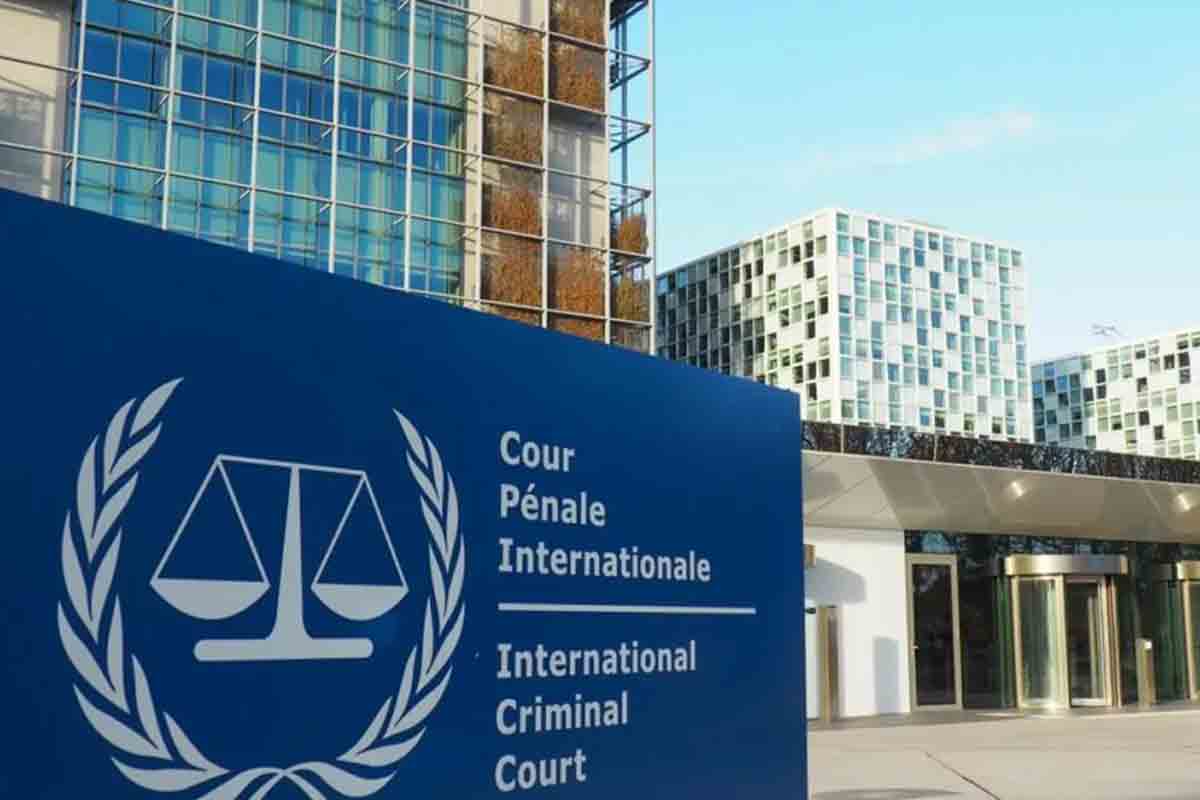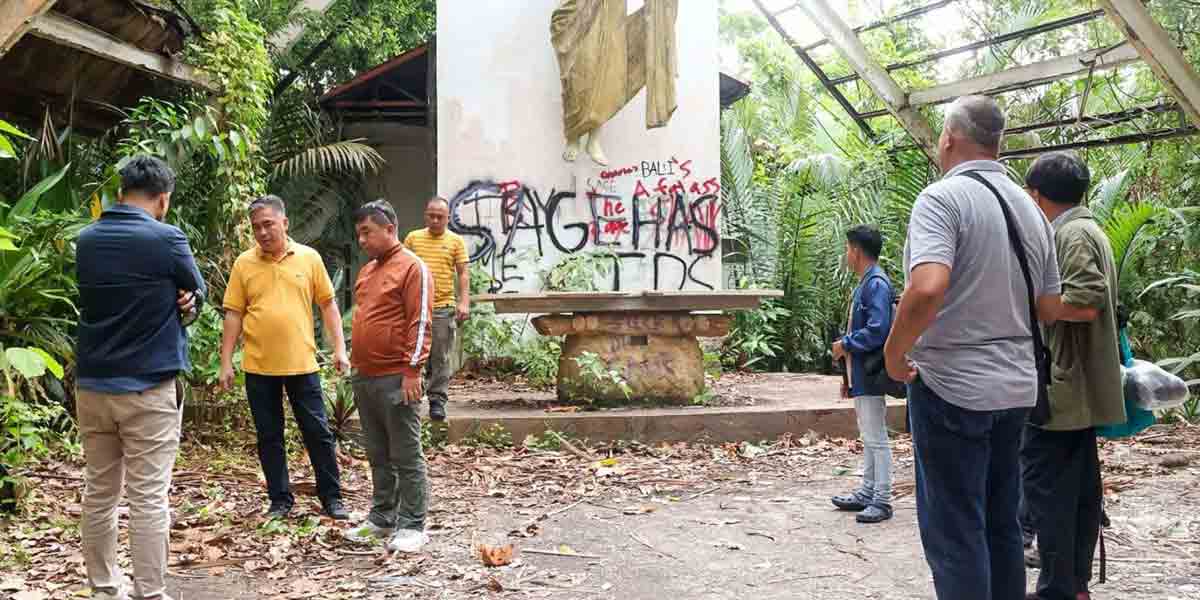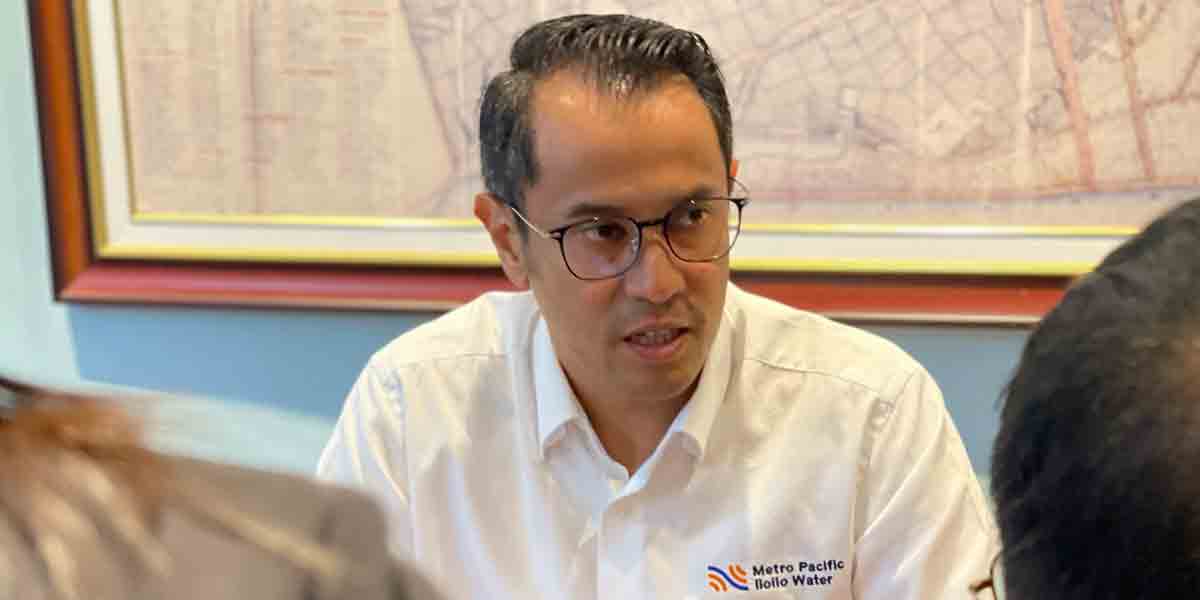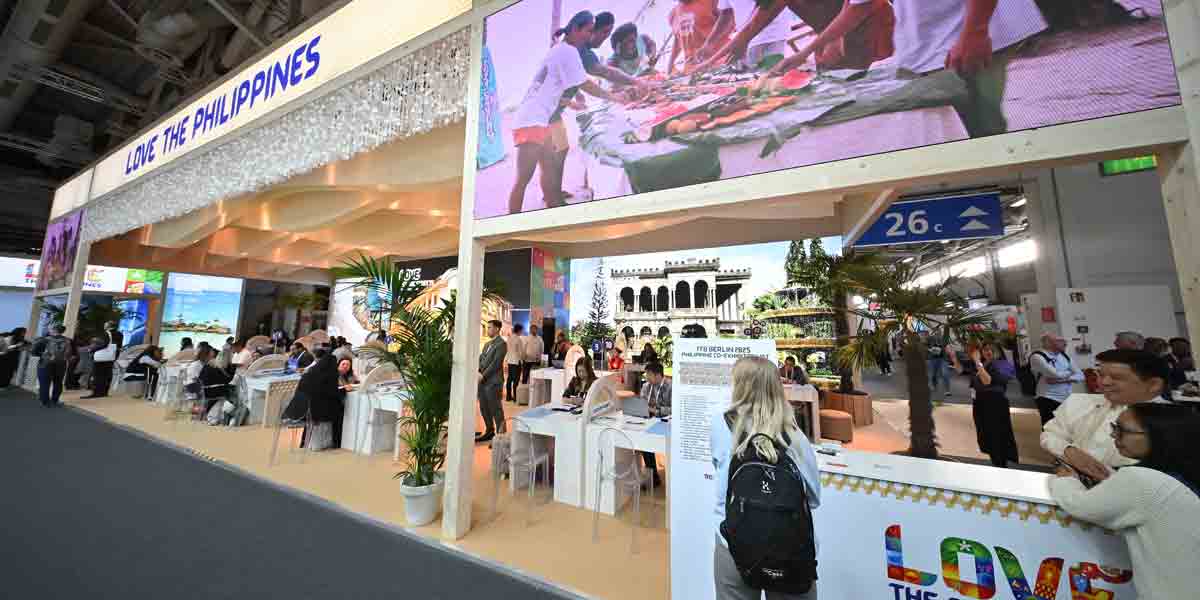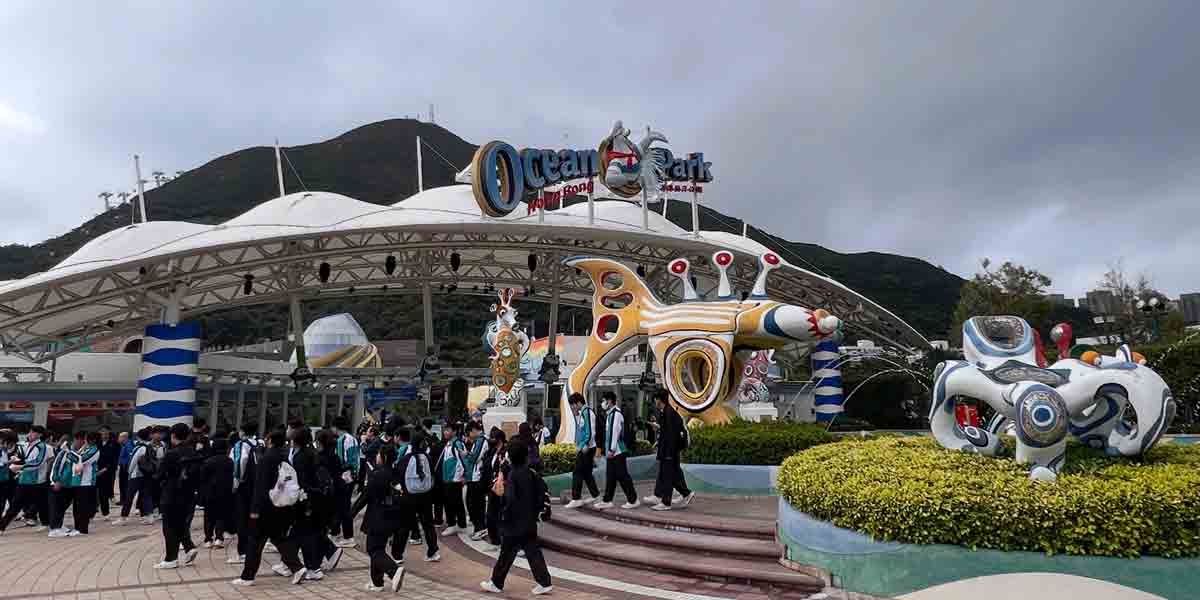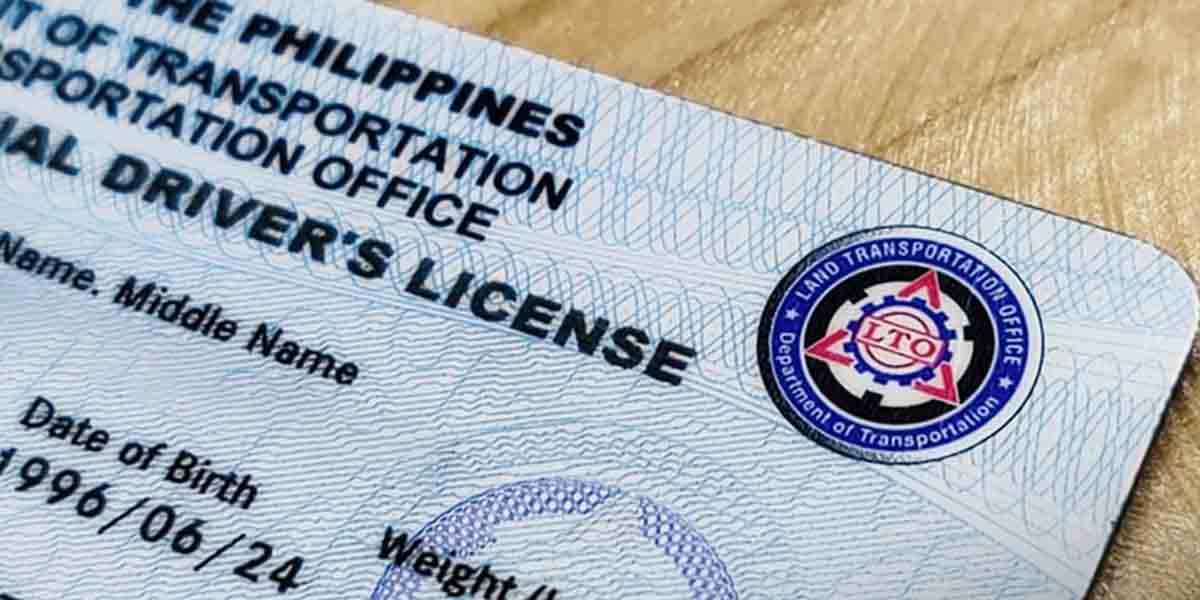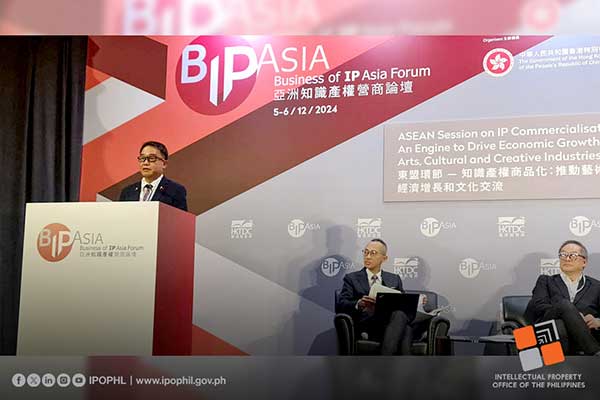
The Intellectual Property Office of the Philippines (IPOPHL) highlighted the country’s stronger push for commercialization of intellectual property (IP) assets at the Business of IP (BIP) Asia Forum 2024 held last December 6 and organized by the Hong Kong Trade and Development Center (HKTDC).
During a knowledge-sharing session with ASEAN Member States alongside Indonesia, Thailand and China, IPOPHL Director General Rowel S. Barba underscored the need for IP rights holders to set sights on commercialization to realize the full potential of their goods, services, artistic works and technologies.
“As a tool, IP can be utilized by businesses and industries in order to become more innovative and competitive in local and global markets. By extension, IP commercialization can serve as an important driver for economic progress,” Barba said during the forum.
In his speech, Barba emphasized the country’s greater focus to boost IP commercialization, particularly through the newly launched Philippine Intellectual Property Strategy (PHIPS) 2025-2030. The PHIPS, a mid-term IP roadmap, aims to position the Philippines as a global hub for creativity and innovation by integrating IP across value chains and harnessing emerging technologies, such as artificial intelligence.
Additionally, Barba also stressed the importance of the implementation of the Philippine Innovation Act and the Innovative Startup Act, among other laws, to further empower IP owners to extract the full value of their IP strategically.
For its part, the Hong Kong Special Administrative Region (HKSAR) has acknowledged the Philippines as one of the countries with great potential for a digital creative economy.
“Indonesia, the Philippines and Vietnam are good examples of countries riding this rapid development, but developing economies must also provide favorable conditions for royalty collections,” said Director of HKSAR’s Intellectual Property Department David Wong, citing UNCTAD’s Creative Economy Outlook 2024 report.
In turn, Barba highlighted IPOPHL’s efforts to help sustain copyright-based industries as an ex-officio member of the Philippine Creative Industries Development Council by spearheading the development and promotion of copyright among Filipino creatives.
“We had organized the 2nd Philippine International Copyright Summit last October to support the Philippine copyright sector in navigating the new landscapes brought about by digital technologies, including artificial intelligence (or AI),” Barba said.
Barba also mentioned the Copyright Plus program that brings copyright awareness closer to the grassroots and to those who are marginalized and underserved groups in the creative economy.
As a testament to thriving IP commercialization in the Philippines, Innovation and Technology Support Offices (ITSO) representatives from 12 schools were also present to support the Philippine delegation, namely: (1) Iloilo Science and Technology University; (2) West Visayas State University; (3) Central Philippine University; (4) University of San Agustin – Iloilo; (5) Central Philippines State University; (6) University of the Philippines – Los Baños; (7) University of Negros Occidental – Recoletos; (8) Our Lady of Fatima University; (9) Mapúa University; (10) University of Eastern Philippines; (11) Bataan Peninsula State University and (12) University of San Jose – Recoletos.
Last year, ITSOs registered its highest volume of filings at 1,535, surpassing 1,040 record applications in 2022. This surge in filings show the increased appetite for protection in universities and research institutions. Moreover, 2023 saw an annual increase in IP commercialization activities by 50% from 39 ITSOs nationwide.
BIP Asia is an annual forum that brings together the global leaders in IP and business to explore the latest developments in IP through conversations, exhibitions and workshops. (Hannah Dione Lucero/IPOPHL)

